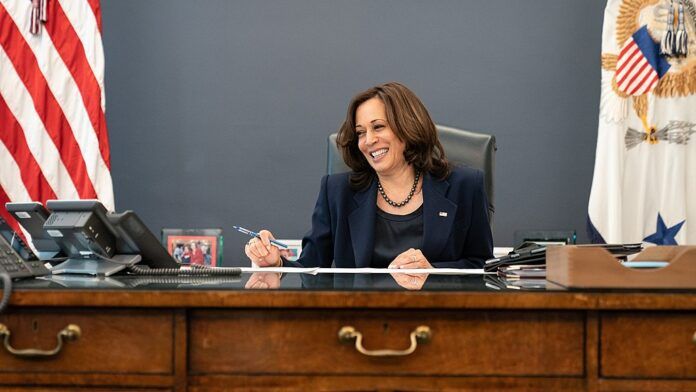With the election looming, both presidential contenders address the concerns of Arab American voters amid escalating tensions in the Middle East
As the race for the presidency intensifies, Vice President Kamala Harris and former President Donald Trump are making strategic appeals to Arab American voters in Michigan, a critical swing state for the upcoming election on November 5.
Harris, addressing the devastating situation in the Middle East, called for an end to the suffering in Gaza and Lebanon during her speech. She remarked, “This year has been very difficult, given the scale of death and destruction in Gaza and the civilian casualties and displacement in Lebanon.” The Vice President referred to the recent death of Hamas leader Yahya Sinwar, suggesting it could serve as a pivotal moment to push for peace. “Everyone must seize this opportunity to finally end the war in Gaza, bring the hostages home, and end the suffering once and for all,” she stated.
Meanwhile, Trump took a different approach, focusing less on specific policies and more on critiquing Harris’s competence. He stated, “I don’t think the Arab American community will vote for Harris because she doesn’t know what she’s doing.” His remarks came during a visit to one of the few Muslim-majority cities in the U.S., highlighting the importance of this demographic in the electoral landscape.
Embed from Getty ImagesThe former president faced technical difficulties at a rally in Detroit, where his microphone was silent for nearly 20 minutes. Despite the hiccups, he continued to engage with the audience, aiming to solidify his support among Arab Americans, a group that has expressed frustration with the Biden administration’s handling of the Israel-Palestine conflict following the October 7, 2023, Hamas attack on Israel.
Michigan, along with Pennsylvania and Wisconsin, is part of the critical “blue wall” that Democrats are keen to defend. The state boasts a significant Arab American population, which has become increasingly disillusioned with the Democratic administration’s foreign policy. This demographic’s support could be crucial for either candidate as they navigate the complexities of the ongoing conflict in the Middle East.
As both candidates ramp up their outreach efforts, the outcome in Michigan could hinge on their ability to resonate with Arab American voters, who are seeking a shift in U.S. foreign policy that addresses their concerns about the humanitarian crisis in Gaza and Lebanon.
